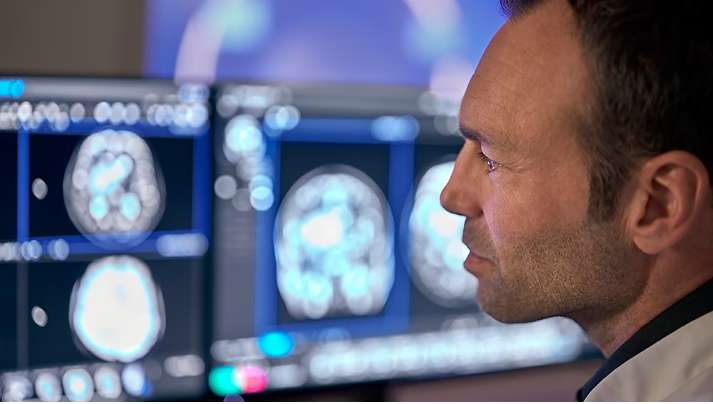For as long as the profession existed, doctors have been working diligently to perfect their craft and refine any rough edges, diagnosing, treating, and eventually curing their patients in the most efficient way possible in their eyes. However, mistakes are frequently made: medical malpractice is the third leading cause of death in the United States, with over 250,000 deaths occurring yearly. Despite the rigorous education doctors undergo to officially practice their craft, they too still make mistakes. It’s human nature to err sometimes, even in life-or-death scenarios. For the majority of time, it appeared as if this was just a sacrifice that had to be made to keep one of the world’s oldest, and most vital, professions stable.
But what if the risk of human error was eliminated by having humans removed from the equation when it came to distributing medical care? This would dynamically pivot the medical industry and the person-to-person interaction we all know today, in a completely different direction. Some speculate that this is possible, through the utilization of artificial intelligence (AI).
Artificial intelligence has permeated throughout the medical field briefly, but it’s been shut down due to a variety of complications, whether it’d be availability, cost, unreliability, or a combination of these factors (among others). This was especially true of Mycin, an expert system designed by Stanford University researchers to assist physicians in detecting and curing bacterial diseases. Despite its superb accuracy, being even as reliable as human experts on the matter, it was far too rigid and costly to be maintained. Despite not being medically affiliated, Google image software is another example of just how unreliable AI is: it assessed, with 100% certainty, that a slightly changed image of a cat is guacamole, a completely incorrect observation.
However, as modern technology rapidly advances, with special emphasis on machine learning (the ability of a machine to function and improve upon itself without human intervention), some believe that AI can now pick up the slack of physicians.
This claim isn’t entirely unsubstantiated: artificial intelligence can already assess whether or not infants have certain conditions (of which there are thousands of) by facial markers, something doctors struggle with due to the massive variety of illnesses. MGene, an app that has Ai examine a photo taken of a child by its user, has over a 90% success rate at accurately detecting four serious, potentially life-threatening syndromes (Down, DiGeorge, Williams, and Noonan). AI even detected COVID-19, or SARS-CoV-2, within Wuhan, China (the origin of this virus) a week before the World Health Organization (WHO) announced it as a new virus.
With every passing day, it appears that more and more boxes that are needing to be checked, enabling the possibility of artificial intelligence becoming a dominating presence within the medical field to become one step closer to turning into a reality.
That isn’t to say that there are issues with having artificial intelligence enter the medical industry: beyond the previous problems (of cost and unreliability) being possible, Ai being ever-changing also opens up the doors to bias, ranging from socioeconomic status to race to gender and everything in between. In addition, the usage of AI also is uncomfortable to many due to the removal of the person-to-person interaction that is commonly known to people, another big issue that needs to be addressed to ensure the successful implementation of artificial intelligence into the healthcare sector.
Regardless of what side you are on, there is a common ground: artificial intelligence will continue to get more and more advanced. While it is uncertain as to whether the general public will want AI to replace doctors, have them serve as back-end helpers, or not exist whatsoever in the office, it is clear that artificial intelligence is a tool that has both a lot of benefits and drawbacks. Whether AI is implemented or not is a question that is left to the future.
- https://www.bmj.com/content/353/bmj.i2139
- https://news.harvard.edu/gazette/story/2020/11/risks-and-benefits-of-an-ai-revolution-in-medicine/
- https://www.pbs.org/wgbh/nova/article/how-ai-is-helping-doctors-diagnose-and-treat-patients/
- https://www.hsph.harvard.edu/ecpe/how-to-prevent-algorithmic-bias-in-health-care/





